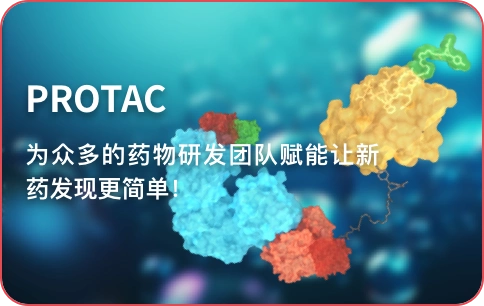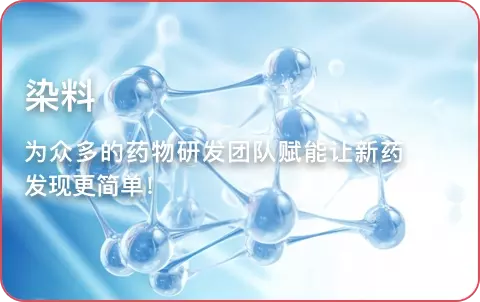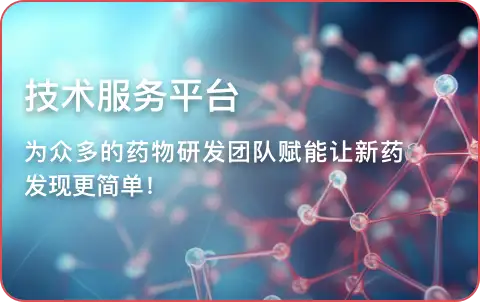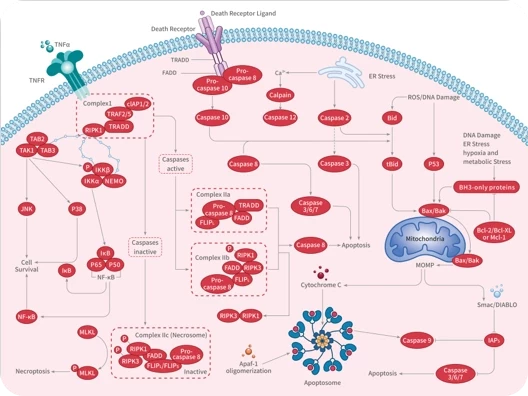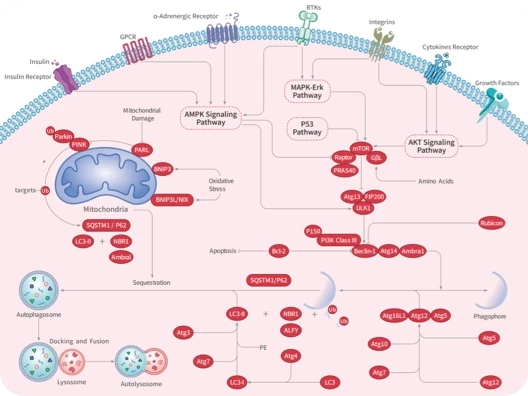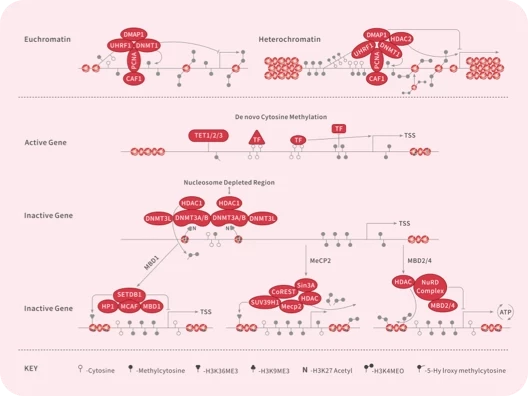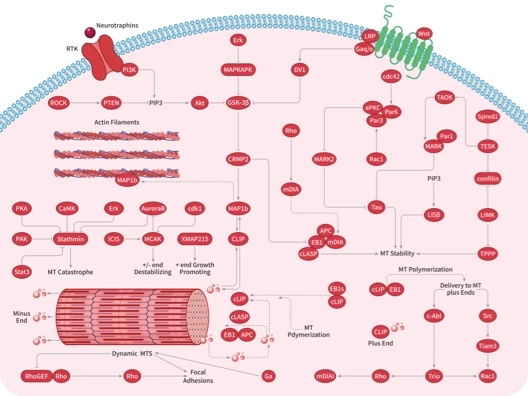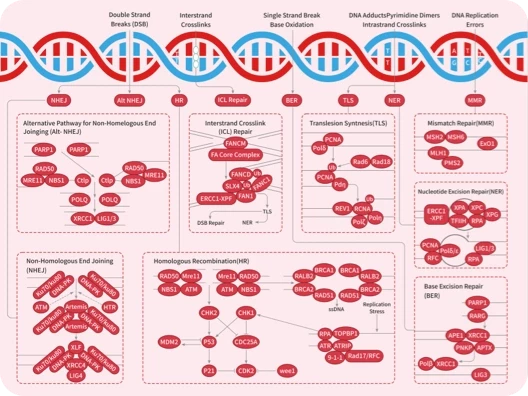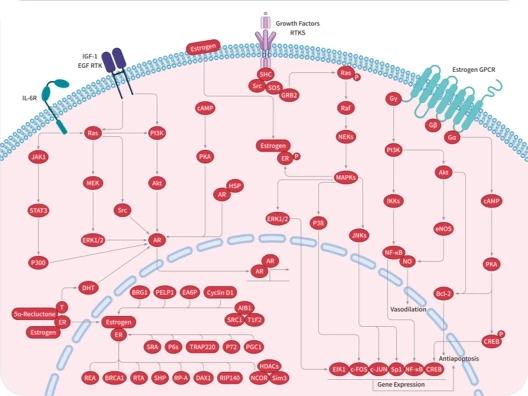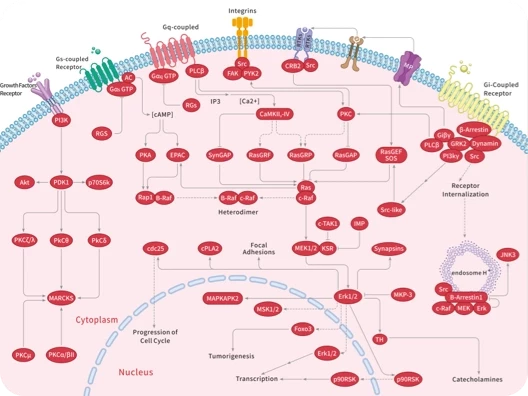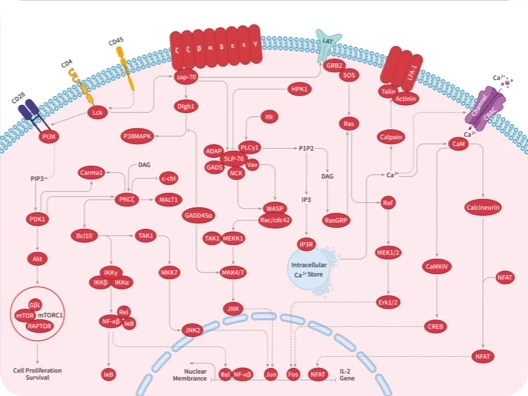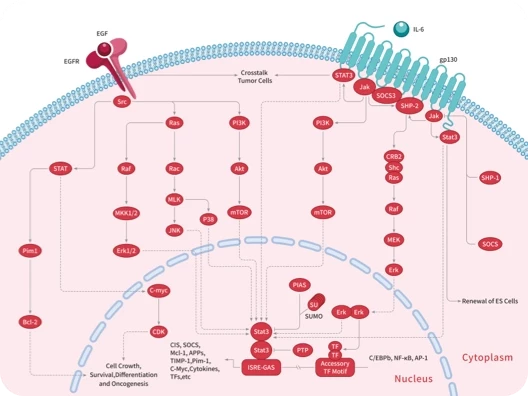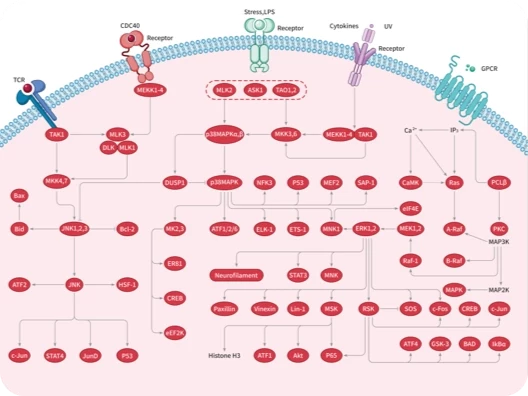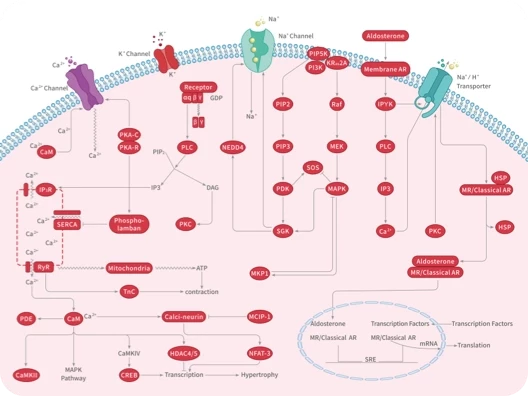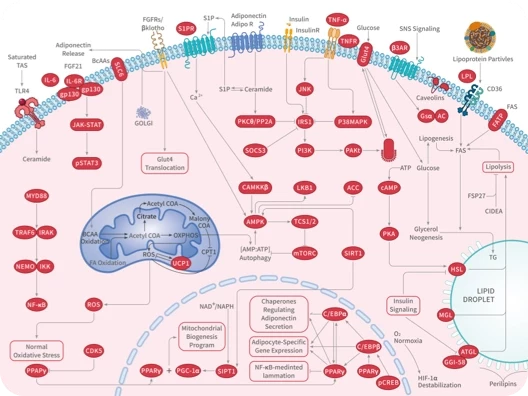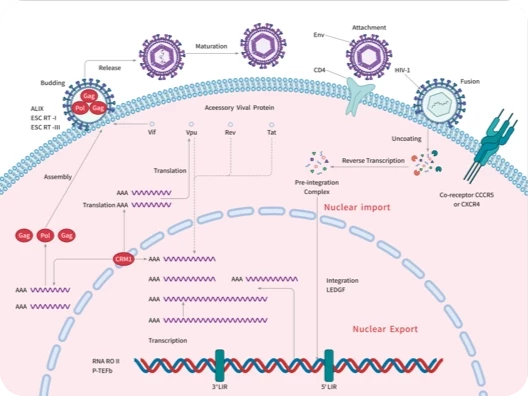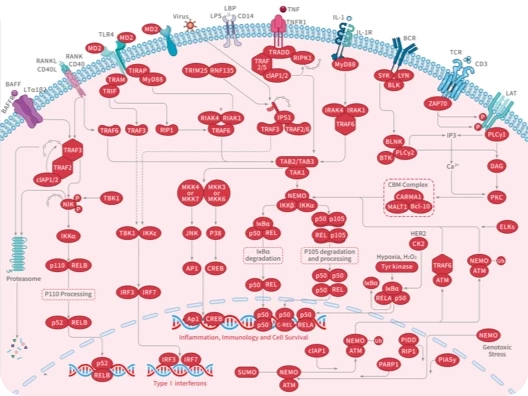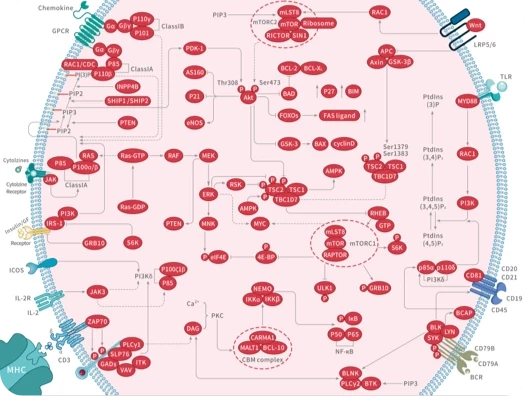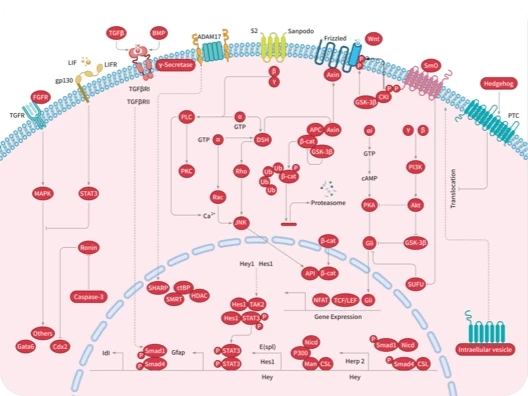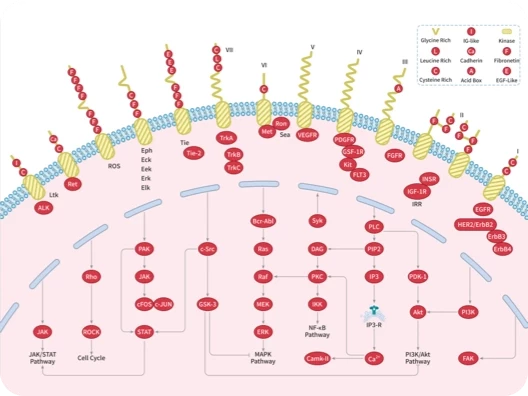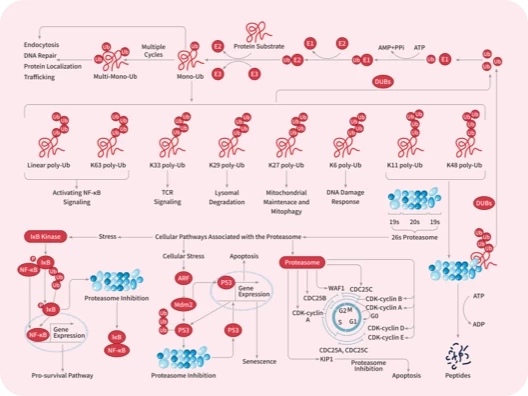- 全部删除
 您的购物车当前为空
您的购物车当前为空
MUSK Protein, Human, Recombinant (aa 433-783, His & GST)
Muscle, skeletal receptor tyrosine-protein kinase, also known as Muscle-specific tyrosine-protein kinase receptor, Muscle-specific kinase receptor, and MUSK, is a single-pass type I membrane protein that belongs to the protein kinase superfamily and tyr protein kinase family. MUSK contains one FZ (frizzled) domain, three Ig-like C2-type (immunoglobulin-like) domains, and one protein kinase domain. This protein is a muscle-specific tyrosine kinase receptor and it may play a role in clustering of the acetylcholine receptor in the postsynaptic neuromuscular junction. MUSK expression is increased in muscle cells stimulated with Wnt or at conditions when the Wnt signaling was activated. MUSK is a muscle-specific receptor tyrosine kinase that is activated by agrin. It has a critical role in neuromuscular synapse formation. MUSK is a receptor tyrosine kinase that is a key mediator of agrin's action and is involved in neuromuscular junction (NMJ) organization. Defects in the MUSK encoding gene are a cause of autosomal recessive congenital myasthenic syndrome (CMS). Congenital myasthenic syndromes are inherited disorders of neuromuscular transmission that stem from mutations in presynaptic, synaptic, or postsynaptic proteins. MUSK mutations lead to decreased agrin-dependent AChR aggregation, a critical step in the formation of the neuromuscular junction. Mutations in this receptor encoding gene also have been associated with the congenital myasthenic syndrome.

MUSK Protein, Human, Recombinant (aa 433-783, His & GST)
| 规格 | 价格 | 库存 | 数量 |
|---|---|---|---|
| 50 μg | ¥ 3,170 | 5日内发货 |
产品信息
| 生物活性 | Kinase activity untested |
| 产品描述 | Muscle, skeletal receptor tyrosine-protein kinase, also known as Muscle-specific tyrosine-protein kinase receptor, Muscle-specific kinase receptor, and MUSK, is a single-pass type I membrane protein that belongs to the protein kinase superfamily and tyr protein kinase family. MUSK contains one FZ (frizzled) domain, three Ig-like C2-type (immunoglobulin-like) domains, and one protein kinase domain. This protein is a muscle-specific tyrosine kinase receptor and it may play a role in clustering of the acetylcholine receptor in the postsynaptic neuromuscular junction. MUSK expression is increased in muscle cells stimulated with Wnt or at conditions when the Wnt signaling was activated. MUSK is a muscle-specific receptor tyrosine kinase that is activated by agrin. It has a critical role in neuromuscular synapse formation. MUSK is a receptor tyrosine kinase that is a key mediator of agrin's action and is involved in neuromuscular junction (NMJ) organization. Defects in the MUSK encoding gene are a cause of autosomal recessive congenital myasthenic syndrome (CMS). Congenital myasthenic syndromes are inherited disorders of neuromuscular transmission that stem from mutations in presynaptic, synaptic, or postsynaptic proteins. MUSK mutations lead to decreased agrin-dependent AChR aggregation, a critical step in the formation of the neuromuscular junction. Mutations in this receptor encoding gene also have been associated with the congenital myasthenic syndrome. |
| 种属 | Human |
| 表达系统 | Baculovirus Insect Cells |
| 标签 | His, GST |
| 蛋白编号 | O15146-2 |
| 别名 | muscle, skeletal, receptor tyrosine kinase,FADS,CMS9 |
| 蛋白构建 | A DNA sequence encoding the C-terminal segment of human MUSK isoform 2 (O15146-2) (Arg 433-Val 783) was fused with the N-terminal polyhistidine-tagged GST tag at the N-terminus. Predicted N terminal: Met |
| 蛋白纯度 | > 90 % as determined by SDS-PAGE |
| 分子量 | 68 kDa (predicted); 58 kDa (reducing conditions) |
| 内毒素 | < 1.0 EU/μg of the protein as determined by the LAL method. |
| 缓冲液 | Supplied as sterile 20 mM Tris, 500 mM NaCl, pH 7.4, 10 mM GSH. |
| 复溶方法 | A Certificate of Analysis (CoA) containing reconstitution instructions is included with the products. Please refer to the CoA for detailed information. |
| 存储 | It is recommended to store the product under sterile conditions at -20°C to -80°C. Samples are stable for up to 12 months. Please avoid multiple freeze-thaw cycles and store products in aliquots. |
| 运输方式 | Kinases are highly recommended to be shipped at frozen temperature with blue ice or dry ice. |
| 研究背景 | Muscle, skeletal receptor tyrosine-protein kinase, also known as Muscle-specific tyrosine-protein kinase receptor, Muscle-specific kinase receptor, and MUSK, is a single-pass type I membrane protein that belongs to the protein kinase superfamily and tyr protein kinase family. MUSK contains one FZ (frizzled) domain, three Ig-like C2-type (immunoglobulin-like) domains, and one protein kinase domain. This protein is a muscle-specific tyrosine kinase receptor and it may play a role in clustering of the acetylcholine receptor in the postsynaptic neuromuscular junction. MUSK expression is increased in muscle cells stimulated with Wnt or at conditions when the Wnt signaling was activated. MUSK is a muscle-specific receptor tyrosine kinase that is activated by agrin. It has a critical role in neuromuscular synapse formation. MUSK is a receptor tyrosine kinase that is a key mediator of agrin's action and is involved in neuromuscular junction (NMJ) organization. Defects in the MUSK encoding gene are a cause of autosomal recessive congenital myasthenic syndrome (CMS). Congenital myasthenic syndromes are inherited disorders of neuromuscular transmission that stem from mutations in presynaptic, synaptic, or postsynaptic proteins. MUSK mutations lead to decreased agrin-dependent AChR aggregation, a critical step in the formation of the neuromuscular junction. Mutations in this receptor encoding gene also have been associated with the congenital myasthenic syndrome. |










